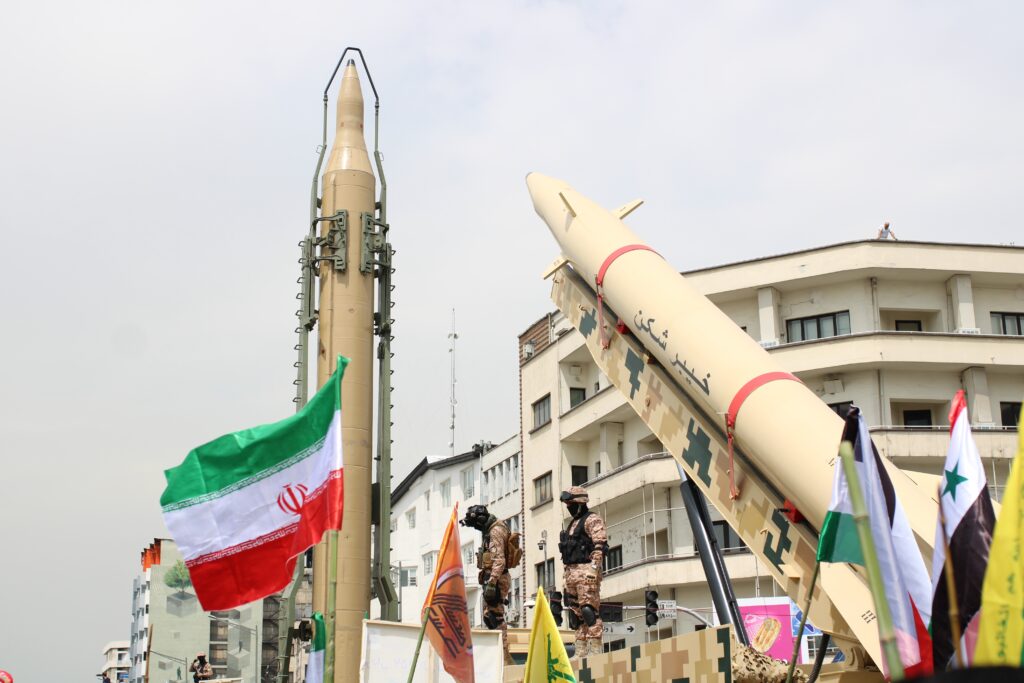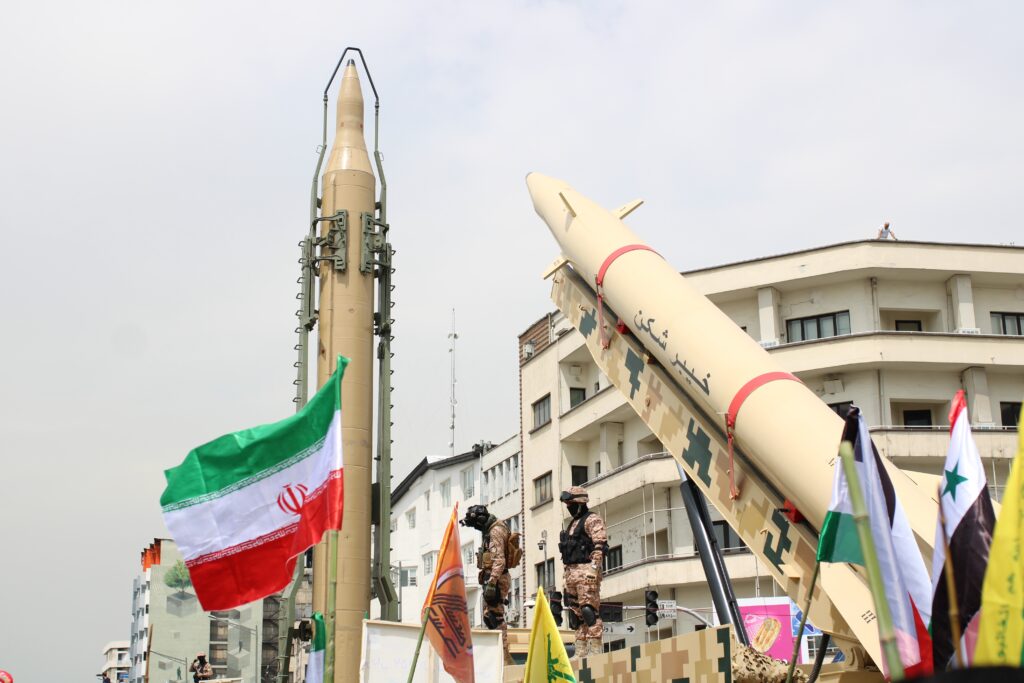
Netanyahu’s Biblical Address to the UN: “Blessing or Curse?”
On Friday, Israel Prime Minister Benjamin Netanyahu addressed the United Nations General Assembly in New York City. The hall was nearly empty as many of the anti-Israel delegates stood up and left as Netanyahu took the podium.
“Mr. President, Ladies and gentlemen, I didn’t intend to come here this year. My country is at war, fighting for its life,” Netanyahu opened. “But after I heard the lies and slanders leveled at my country by many of the speakers at this podium, I decided to come here and set the record straight. I decided to come here to speak for my people.”
Netanyahu’s address came after a week in which Arab leaders including Palestinian President Mahmoud Abbas were condemning Israel for waging war against Hamas and Hezbollah.
“To speak for my country, to speak for the truth. And here’s the truth: Israel seeks peace. Israel yearns for peace. Israel has made peace and will make peace again. Yet we face savage enemies who seek our annihilation, and we must defend ourselves against them.”
Netanyahu’s speech took a surprising Biblical turn.
“When I spoke here last year, I said we face the same timeless choice that Moses put before the people of Israel thousands of years ago, as we were about to enter the Promised Land. Moses told us that our actions would determine whether we bequeath to future generations a blessing or a curse.”
Netanyahu described the hostility of Iran leading up to the Oct. 7th Palestinian Hamas massacre of Israelis. He also stated that Iran was behind Hezbollah’s rocket attacks targeting Israeli cities and the Houthis drone attacks against Israel.
Netanyahu stated his hope for a historic reconciliation between Israel and the Arabs as a continuation of the aptly named Abraham Accords. Netanyahu then held up a map he had displayed in his address last year. The map showed the Middle East divided in two with a line demarcating the Sunni Arab states that had normalized relations with the Arab states aligned with the Islamist regime of Iran.
“Ladies and gentlemen, as Israel defends itself against Iran in this seven-front war, the lines separating the blessing and the curse could not be more clear,” the prime minister explained. “This is the map I presented here last year. It’s a map of a blessing.”
“It shows Israel and its Arab partners forming a land bridge connecting Asia and Europe. Between the Indian Ocean and the Mediterranean Sea, across this bridge, we will lay rail lines, energy pipelines, and fiber optic cables, and this will serve the betterment of 2 billion people.”
He held up an identical map labeled ‘The Curse’.
“Now look at this second map,” Netanyahu said. “It’s a map of a curse. It’s a map of an arc of terror that Iran has created and imposed from the Indian Ocean to the Mediterranean. Iran’s malignant arc has shut down international waterways.”
“It cuts off trade, it destroys nations from within, and inflicts misery on millions. On the one hand, a bright blessing—a future of hope. On the other hand, a dark future of despair. And if you think this dark map is only a curse for Israel, then you should think again.”
Netanyahu described this curse of Iranian aggression as posing a global threat about to go nuclear.
“So, ladies and gentlemen, the question before us is simple: Which of these two maps that I showed you will shape our future? Will it be the blessings of peace and prosperity for Israel, our Arab partners, and the rest of the world?”
“Or will it be the curse in which Iran and its proxies spread carnage and chaos everywhere? Israel has already made its choice. We’ve decided to advance the blessing. We’re building a partnership for peace with our Arab neighbors while fighting the forces of terror that threaten that peace.”
He described the role of the UN and the International Criminal Court as “antisemitism” and siding with “evil.”

He cited I Samuel 15:29, translating it as, “The eternity of Israel will not falter.”
Netanyahu concluded his address by citing the section of Deuteronomy when Moses, in preparation for relinquishing his role to Joshua, begs the Children of Israel to remain strong.
Be strong and resolute, be not in fear or in dread of them; for Hashem your God Himself marches with you: He will not fail you or forsake you. Deuteronomy 31:6
Just a few hours after his address, Hassan Nasrallah, the secretary-general of Hezbollah, was killed in a massive airstrike on Hezbollah’s headquarters in Beirut, Lebanon.
The day after his address, he returned to Israel, cutting his trip short in an exceedingly rare decision to fly on Shabbat.
“‘If someone comes to kill you, rise up and kill him first,’” Israeli Prime Minister Benjamin Netanyahu said on Saturday, citing The Talmud (Sanhedrin 72a). “Yesterday, the State of Israel eliminated the arch-murderer Hassan Nasrallah. We have settled accounts with someone who was responsible for the murders of countless Israelis and many nationals of other countries, including hundreds of Americans and dozens of French,” he added.
Though not overtly observant, Netanyahu, a scholar of the Bible, has invoked the Bible several times when referring to the ongoing war. Soon after the outbreak, he addressed the nation in a televised speech, citing Isaiah’s vision of peace.
“Violence shall no more be heard in your land, desolation nor destruction within your borders; but you shall call your walls Salvation, and your gates Praise.‘ Isaiah 60:18
Soon after, he wrote a letter to the IDF soldiers fighting against Hamas. In the letter, Netanyahu referred to the Biblical commandment to remember Amalek:
This Biblical mandate was adopted by many in the army. After the IDF carried out a massive strike targeting the Houthis in Yemen, IDF Defense Minister Yoav Gallant issued a Biblical warning to Israel’s enemies.
“‘I pursued my enemies and overtook them; I did not turn back till I destroyed them,” said Gallant, quoting from the Book of Psalms 18:37. “I followed the attack against the Houthis from the control room of the Air Force. The message is clear—for us, no place is too far.”
The post Netanyahu’s Biblical Address to the UN: “Blessing or Curse?” appeared first on Israel365 News.
Israel in the News